How to Steal a River
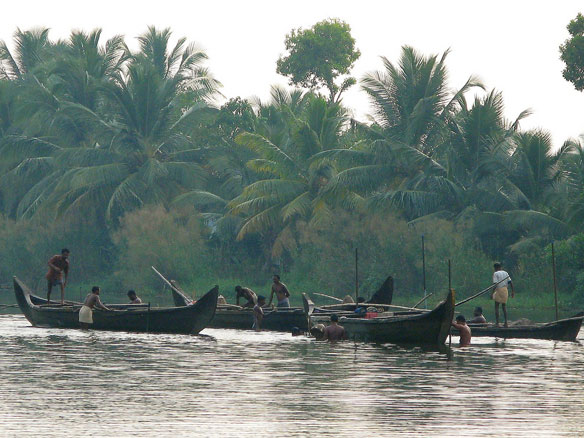
To feed an enormous building boom, India’s relentless sand miners have devastated the waterways that make life there possible.
Sand Is in Such High Demand, People Are Stealing Tons of It
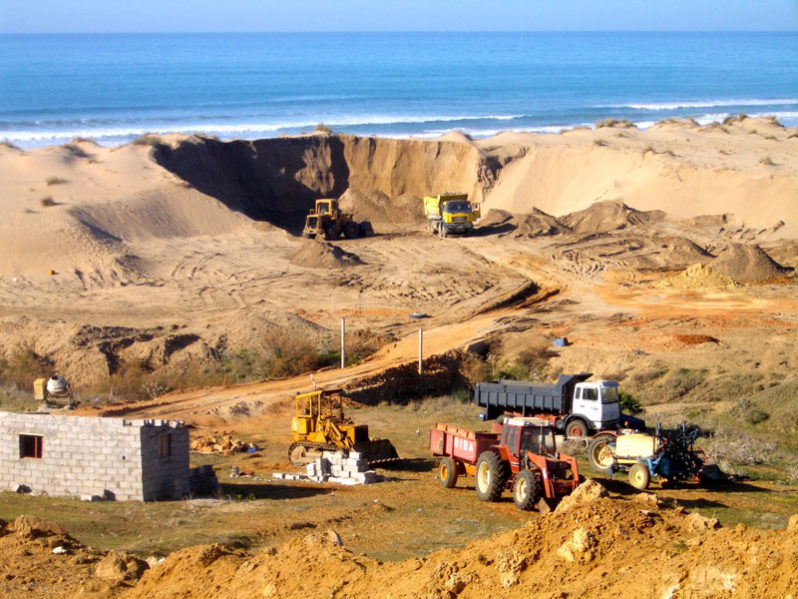
As strange as it may sound, sand is one of the world’s hottest commodities. The global construction boom has created an insatiable appetite for sand, the chief ingredient for making concrete. The problem is that sand isn’t as abundant as it used to be. And when high demand and high value meets scarcity, you open the doors to smuggling.
He who controls the sand: the mining ‘mafias’ killing each other to build cities
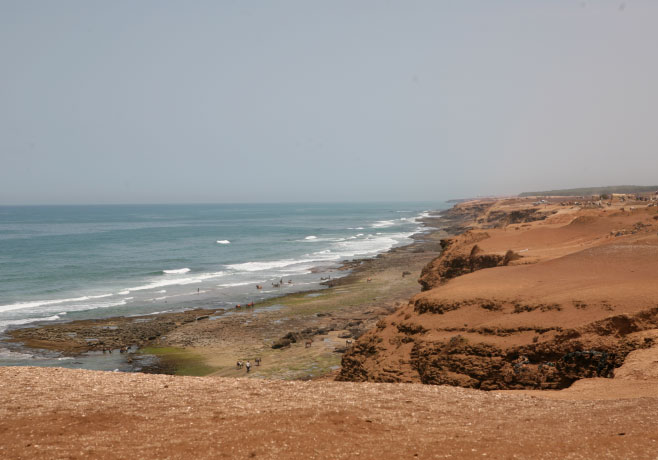
In Kenya, as in most of the developing world, cities are growing at a frenzied pace. Creating buildings to house all the people and the roads to knit them together requires prodigious quantities of sand. As the price of sand goes up, the ‘mafias’ get more involved.
Ignoring state threats, firm keeps sucking sand from Monterey Bay
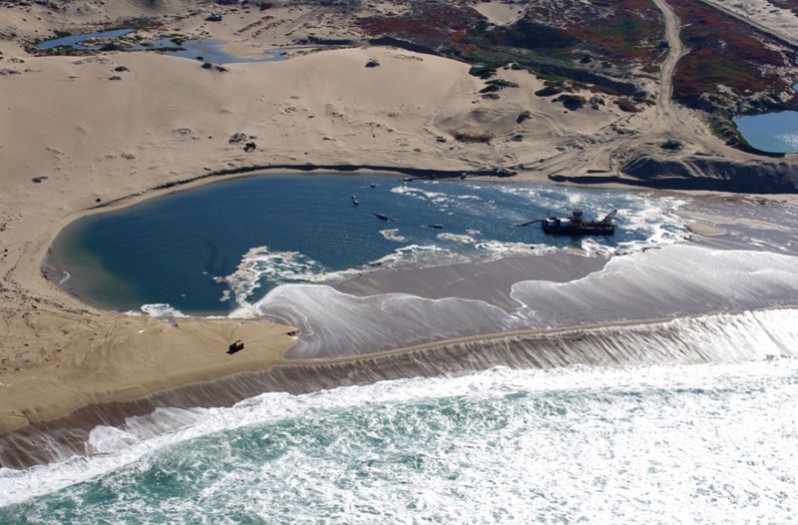
The Lapis Sand Plant, in operation since 1906, is the nation’s last coastal sand mine. The California Coastal Commission has threatened to close the plant, but the company refuses to relinquish its claim to the uniquely coarse amber-colored Monterey sand, which it calls “Lapis Lustre.” But Cemex is the world’s second largest building materials company, and any attempt to kick it out is likely to immerse the state in years of expensive litigation.
Sand mining: the global environmental crisis you’ve probably never heard of
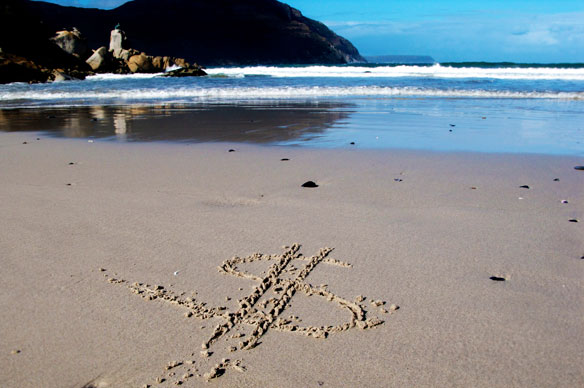
From Cambodia to California, industrial-scale sand mining is causing wildlife to die, local trade to wither and bridges to collapse. And booming urbanisation means the demand for this increasingly valuable resource is unlikely to let up.
Surveillance system, special squads to stop beach mineral mining; India
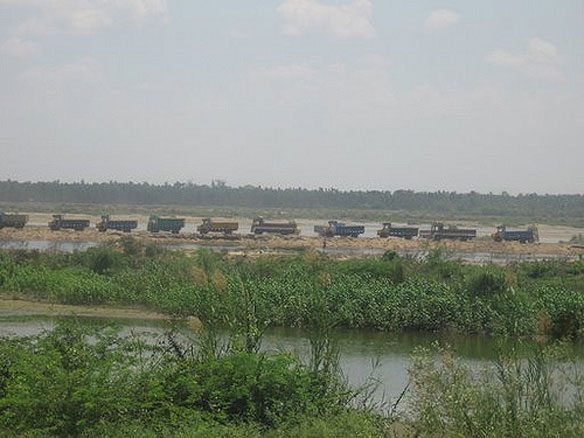
Deployment of sand mining surveillance system and patrol by special squads along coastal districts, especially those rich with major minerals, are some of the steps contemplated by Tamil Nadu government to prevent plunder of major minerals in the four southernmost coastal districts.
How a Brewer is helping save NZ beaches by recycling used beer bottles back into sand
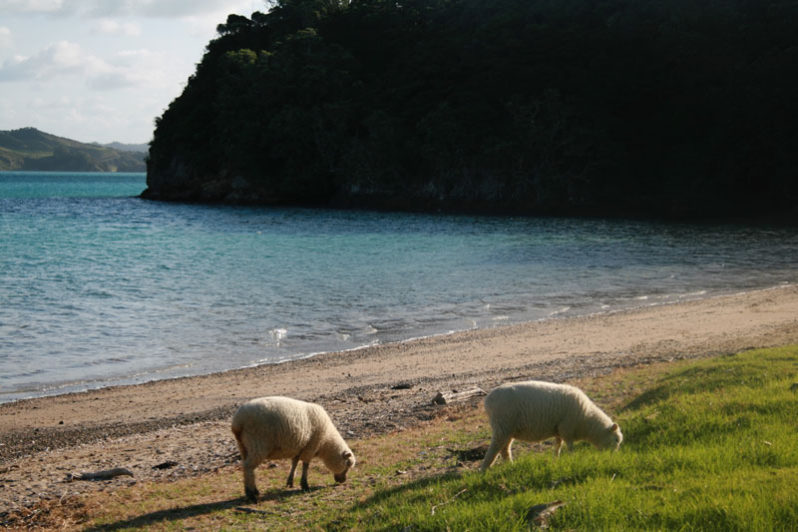
New Zealand beer brand DB Export is recycling its used bottles to make a man-made sand – an effort the company hopes will help preserve our beaches. The company hopes the programme will help cut down the amount of sand dredged from beaches. The average Kiwi consumer uses more than 200kg of sand each year, most of which comes from beaches. It’s a non-renewable resource and is also used to make glass.
The Market For African Beach Sand: Who’s Buying, Selling And Mining It?
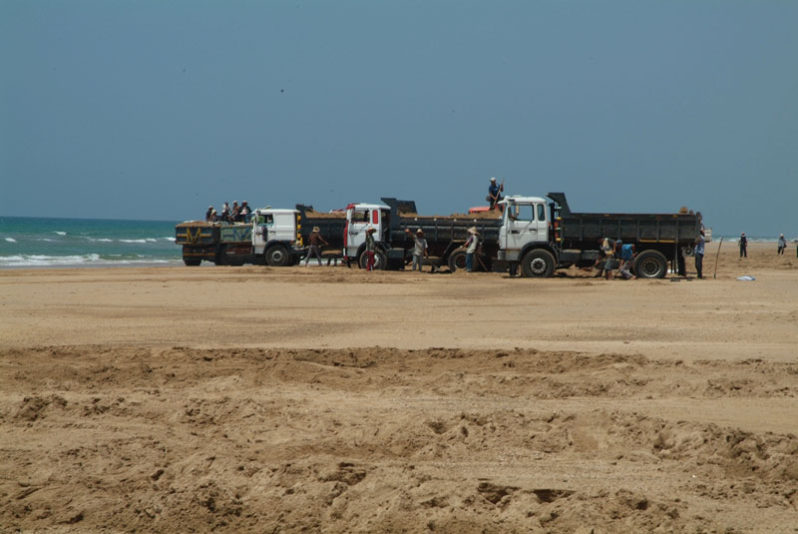
Sand mining on beaches and in riverbeds is a source of income for unemployed Africans, but it’s often an unregulated — or under-regulated — business. Environmental impact is a growing concern.
Sand mining decimates African beaches
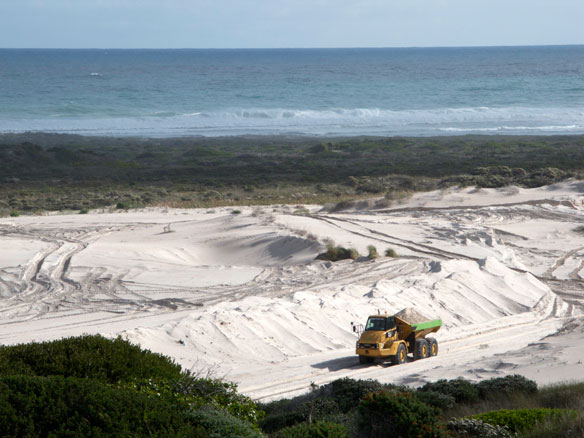
What do houses, streets, telephones and microchips have in common? They all contain processed sand. Now African countries are raising the alarm because of their disappearing beaches…
